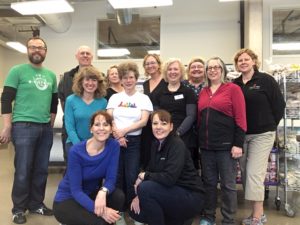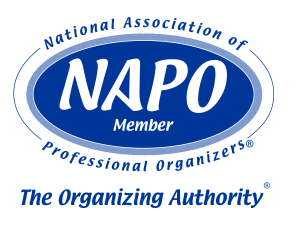We are nearing the end of Pursuit of Happiness Week. (Yes, there is such a thing.) I’m writing this post at the end of the week because I really wanted to pay attention to my own experience of focusing on happiness this week before putting pen to paper.
It was an interesting week of introspection. When I consciously looked for opportunities to engage with happiness, opportunities appeared in small and large ways.
- I spent 11 days with my 88-year old mother. Every morning I presented her with a latte with a chocolate powder heart on top. That made her smile. Making her smile made me happy.
- The power went off at our house for eight hours. When it came back on, I was happy . . . and grateful. It’s amazing how much more I appreciated heat and lights.
- Seeing our two rescue Boxers play in the front yard like they didn’t have a care in the world (which they don’t) made me happy. We changed their lives.
- I take my grandson to indoor soccer practice. Watching 15 4-year olds having the time of their lives and learning a new skill made me happy.
So, tell me, what does “being happy” really mean?
According to dictionary.com, a partial definition of happiness is “Happiness results from the possession or attainment of what one considers good.”
I like this definition. It brings our own needs and values into play and puts the determination of success in our own hands. No one else can determine what happiness means to us. We can not be held to other’s standards of what happiness means. It’s all on us. We determine what happiness is; only we can determine if we are successful or not.
You’ve probably also heard “Happiness is managing expectations.” I honestly believe that managing expectations is the key to happiness.
- I’m an okay golfer. Not a great golfer. If my happiness was dependent upon being a great golfer I would fail miserably.
- I makedecent money in my coaching and organizing business. My happiness is dependent upon making changes in others’ lives, not in a large savings account.
- I have a small but devoted group of friends. If my happiness was dependent upon having the most FB friends, I would be unhappy indeed.
What makes you happy? What can you control about your happiness?
Cindy Jobs
National Association of Productivity & Organizing Professionals, Seattle Chapter
National Association of Professional Organizers, Seattle Chapter Vice President
Institute for Challenging Disorganization
Level I Certificates earned in Chronic Disorganization; ADD; Client Administration; Time Management; Mental Health; and Hoarding.
Level II Specialist Certificates earned in Chronic Disorganization and ADHD.







